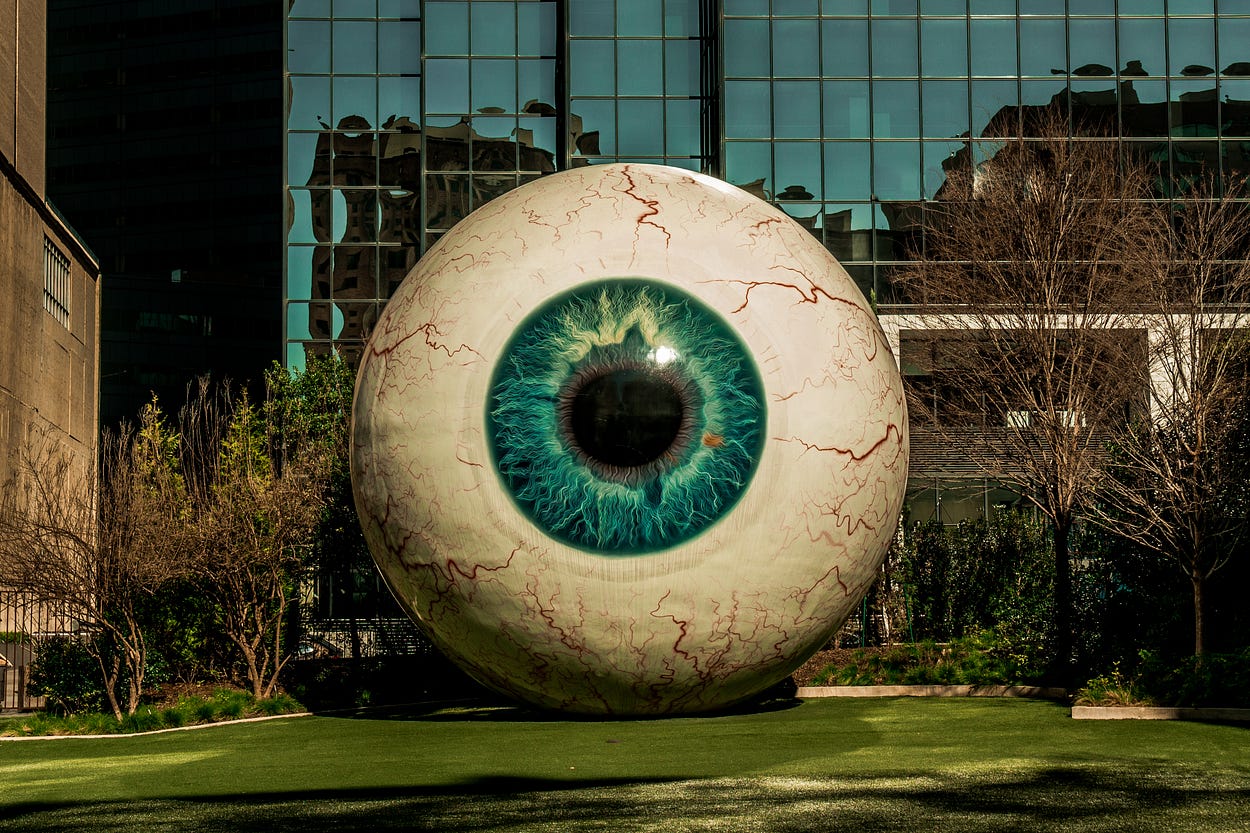The Internet Is All Wrong About Sex In The 1980s
The internet claims peoples' "first time" was much earlier than mine
 |
| Unsplash |
Sometimes you have to skip the internet and go to the library
Writing my Memoir, I mean my novel loosely based on autobiographical material, I have enjoyed researching lots of watershed events from my childhood in the 1970s and ’80s. Things like the introduction of the $2 bill, the “new Coke” flavor, and the last episode of M.A.S.H.
The internet is sometimes a good source for research, but for more serious issues, I found it much more useful going right to primary “hard copy” sources. It’s all well and good to click your mouse around the internet, but you’ve got to get down to the library, roll up your sleeves, and “hit the books,” as it were.
I’ve spent literally hundreds of hours pouring over back issues of Dynamite Magazine, Highlights, Creem, and T.V. Guide. My book will be that much the better for it.
There’s a lot of misinformation on the internet about when peoples’ “first time” was
One of the topics I had to research, was the average age when kids had sex for the first time back in the 1980s. I forgot to look up that information at the library, unfortunately, so I had to rely on the internet.
Man is there a lot of straight bullshit on the internet about the subject.
I knew I was in trouble right from the start. When I typed in the age when I first had sex, for instance, the internet hit a glitch and bombarded me with links to sites for PTSD, “Late Bloomers,” “Incels” and places to go for therapy.
Even though the internet got confused, and sent me wrong links, it got me to thinking about things.
When I was a kid, sex was dangerous and scary and nobody in my high school had sex
When I was a kid in high school, all I ever heard about sex from older people went like this:
“You shoulda been here a coupla years ago” or “Damn, you missed the Gold Rush” or “Man, all we had was crabs and the clap . . . (followed by) “Too bad now you’re gonna get AIDS and die if you have sex! (followed by a hearty laugh).”
The AIDS epidemic began in 1981, and I went to high school from 1984–1987. There were a lot of fun aspects to the 1980s, but riding the crest of the wave of the AIDS epidemic was not one of them.
Do you know what the internet claims the age was for boys? Back then, and now?
Back then
The internet, which is wrong, says (click on underlined words for links):
Surveys of American adolescents [1980’s] have found that, on the whole, average age at 1st intercourse ranges from 16 to 16.9 years, but some teenagers begin to have intercourse shortly after puberty.
I laughed out loud when I read that. Now, don’t get me wrong, I actually knew a bunch of those “shortly after puberty” cretins. But I’m researching “normal” kids. Normal kids like me. Who had sex at a normal time in life.
One interesting fact these internet sources identified was that boys lie more than girls:
At all ages, males are more likely to report having had intercourse than are females.
“No shit Sherlock!” I thought upon reading that.
Now
Even the information about modern times is crazy wrong, and has kids having sex way, way too young:
The average age of first sexual intercourse in the United States is around 18 for males and around 17 for females,[15][16] and this has been rising in recent years.[17] For those teens who have had sex, 70% of girls and 56% of boys said that their first sexual experience was with a steady partner, while 16% of girls and 28% of boys report losing their virginity to someone they had just met or who was just a friend.[17]
“Yeah right,” I said to myself when I read that.
The takeaway
Researching this issue brought home to me that you really can’t trust the things you read on the internet when it comes to important subjects.
When determining whether you can trust polls, or studies, or statistical information, you need to use a little “common sense.” Ask yourself:
“Can I trust this information?”
Then you need to question, does this information jibe with any of my “real world” experience?
If the answer is “No!” well, then you’ve got your answer.
© Copyright 2020 Jack Clune


